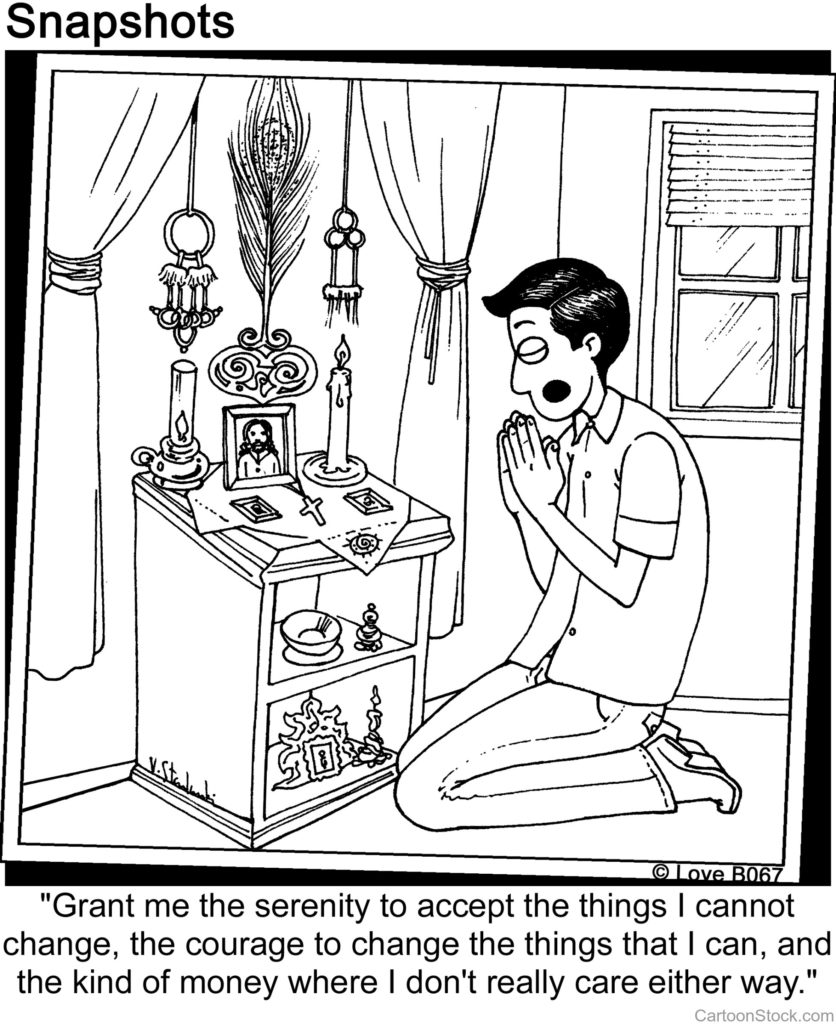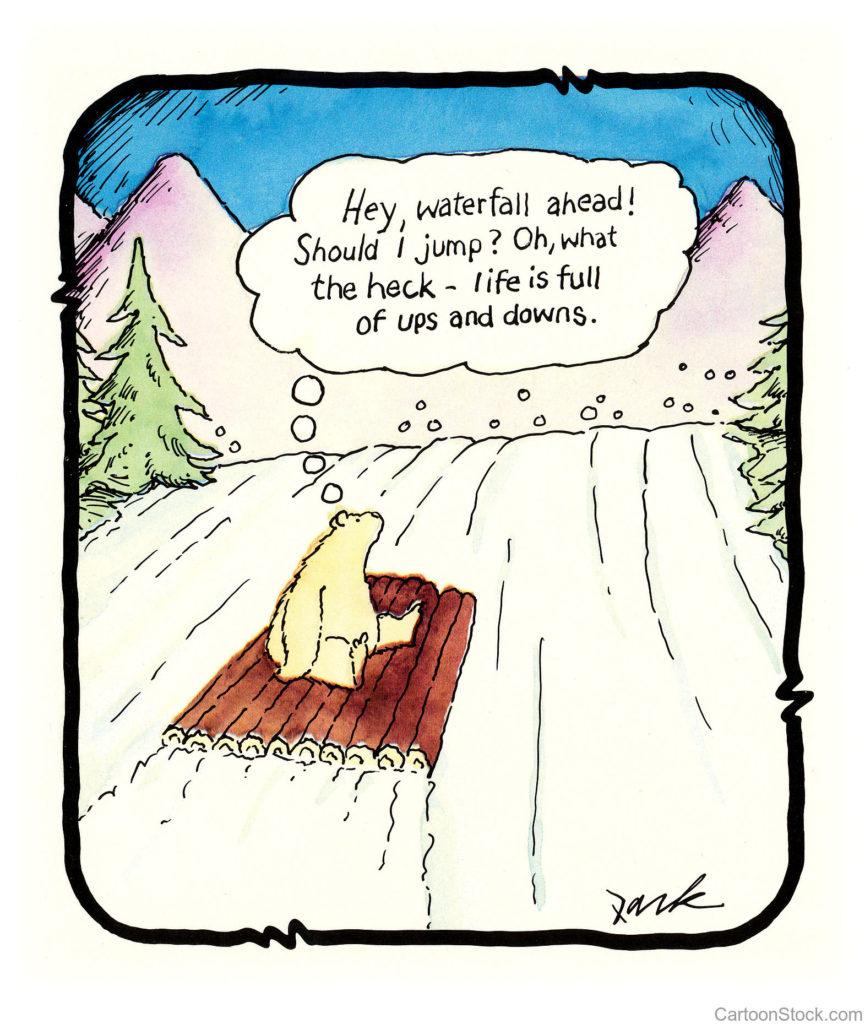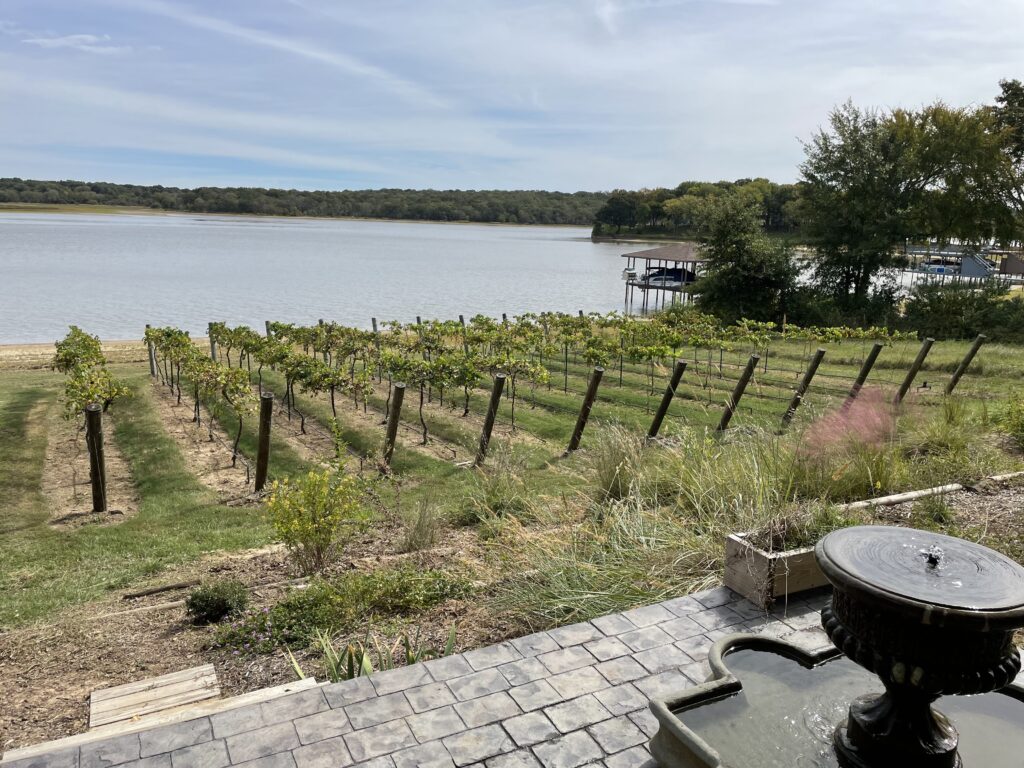
In Leo Tolstoy’s novel The Death of Ivan Ilych, the protagonist, Ivan Ilych, is a smart, competent attorney dying from an unknown cause. Tolstoy describes a scene in which Ivan has a sobering realization while gazing at his sleeping daughter, Gerasim.
“Ivan Ilych’s physical sufferings were terrible, but worse than the physical sufferings were his mental sufferings which were his chief torture.
His mental sufferings were due to the fact that at night, as he looked at Gerasim’s sleepy, good-natured face with its prominent cheek-bones, the question suddenly occurred to him: ‘What if my whole life has been wrong?’
It occurred to him that what had appeared perfectly impossible before, namely that he had not spent his life as he should have done, might after all be true.”
That’s a penetrating, haunting question.
I doubt if many of us will get to the end of our lives and wonder, “What if my whole life has been wrong?” But we should acknowledge that there are specific areas of our lives that are wrong and need to change.
-
-
- What if I have lived a self-centered life?
- What if I have neglected my family?
- What if I have not lived authentically?
- What if I have pursued the wrong career?
- What if I have been impatient and sever with my family?
-
Know this: there are areas of my life and yours in which we are wrong. If you think you’re an exception to this statement, your pushback betrays your naiveté and error.
If you have difficulty identifying an aspect of your life that needs to change, just ask your spouse or close friends for their input.
The good news is, we can change. Thoreau said, “I know of no more encouraging fact than the unquestionable ability of man to elevate his life through conscious endeavor.”
Conscious endeavor includes identifying and changing areas of our lives in which we are wrong.



